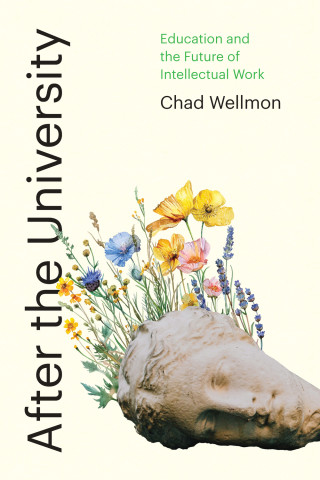
Reviews
Robin Isserles offers a sociological perspective of community college through the lens of a scholar and practitioner who has been engaged in these contexts for decades. Full of rich data and insider insights from different angles, this book is a much-needed examination of power dynamics related to community colleges as well as the narratives surrounding students and teachers.
This book does a wonderful job of unlocking the complex web of reforms, actors, and initiatives that aim to help community college students complete college.
Higher education often forgets that Maslow comes before Bloom, and that students are humans first. These ideas, central to the #RealCollege movement, are centered in Robin Isserles's new book, which deepens our understandings and in turn our efforts to support the whole community college student. Every edu-reformer should pause and read this book.
Professor Isserles provides a wake-up call to all laboring for community college student success. Underscoring ways in which researchers unwittingly gloss the cornucopia of student lives, Professor Isserles provides a corrective analysis that enables policy makers and practitioners to reconstruct community colleges so that they address the multiplicity of student needs.
Isserles provides the most comprehensive discussion of community colleges to date. By examining programs like the Excelsior program and for-profit partnerships, Isserles paints a nuanced picture of how all areas of academia touch community colleges. At its heart, it is a reminder that diverse, well-rounded, and progressive education is essential.
In The Costs of Completion, Isserles takes a deep look into structural problems that face community colleges in the US and provides sound sociological solutions to enhance student success. Since the vast majority of high school students who continue their education go to community colleges, Isserles's work is essential reading for those who care about educating the next generation of students to become productive citizens in American society.
Robin Isserles, drawing on twenty-plus years in the classroom and on her fine sociological imagination, exposes the misunderstood complexities of community college students' lives and learning. She shows how recent reforms make the colleges themselves barriers to success. Policymakers should heed her message: creating more caring institutions can work.
Book Details
Acknowledgments
Chapter 1. Neoliberalism Ascending: Persistence, Completion, and Student Success in the College for All Era
Chapter 2. Metrics for Success: Austerity, Accountability, and the New Edu
Acknowledgments
Chapter 1. Neoliberalism Ascending: Persistence, Completion, and Student Success in the College for All Era
Chapter 2. Metrics for Success: Austerity, Accountability, and the New Edu-philanthropists
Chapter 3. Making Sense of the Data: Institutional Success as Degree Completion
Chapter 4. Challenging Narrow Definitions of Success: What Is the Student Sensibility?
Chapter 5. The Student Sensibility and Structural Exclusion: It's Not about Grit
Chapter 6. Early Interactions in Community College: The Marketing of Guided Pathways Meets the Student Sensibility
Chapter 7. Addressing the Crisis: Creating the Community College as an Authentic Caring Institution
Notes
References
Index






